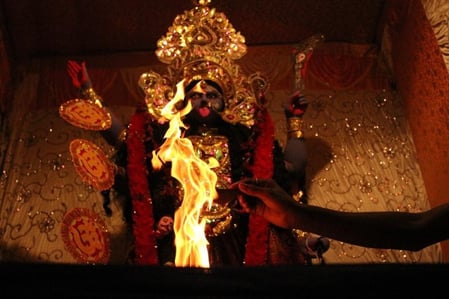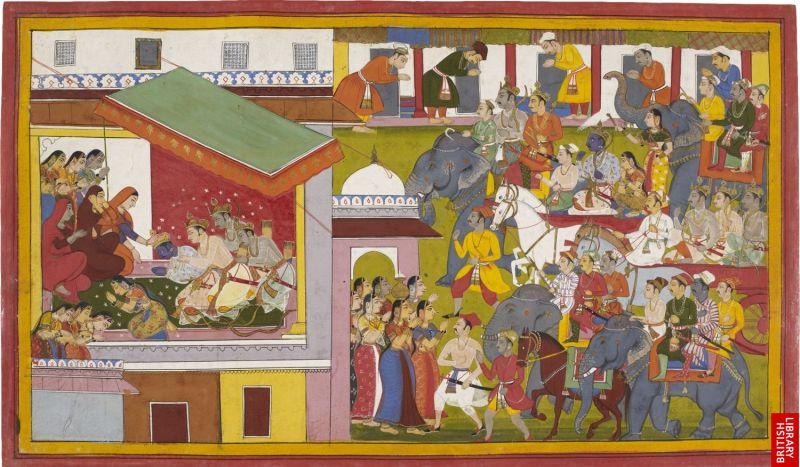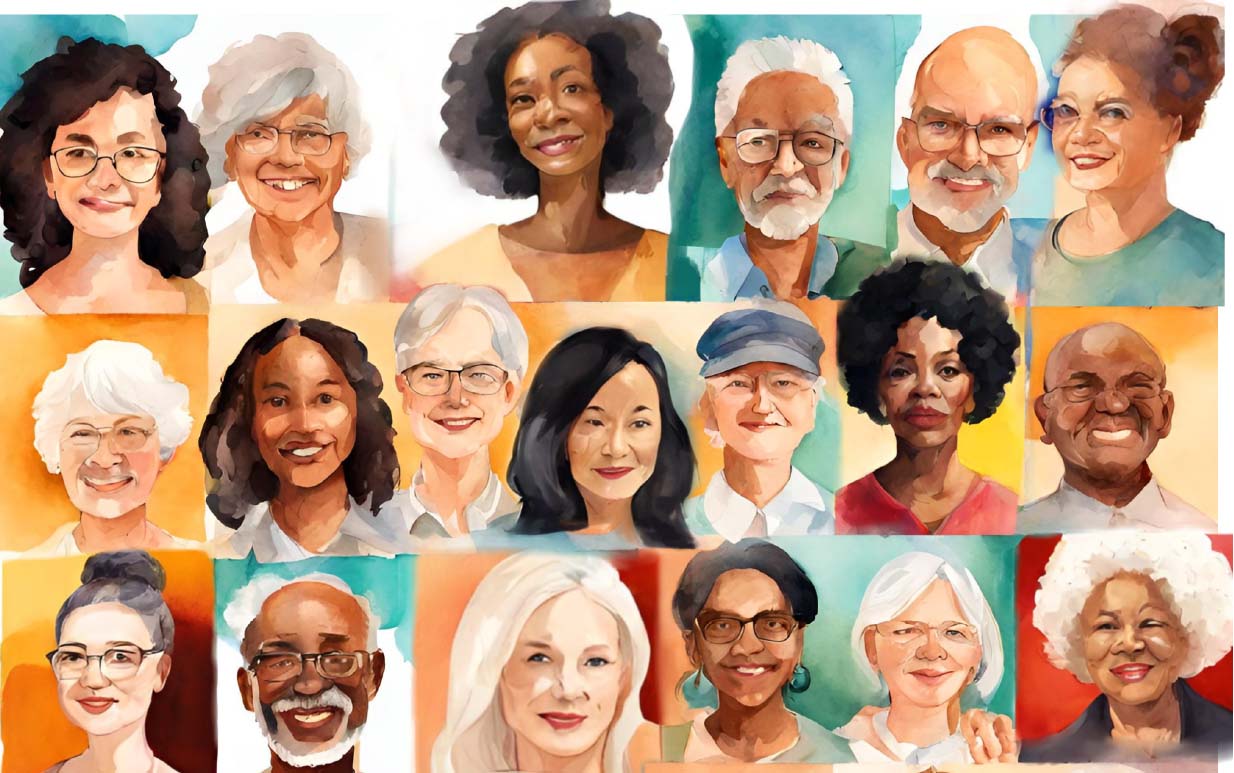 I know that I’m a week behind for this one, but I wanted to at least put something on paper for Diwali as it is an extremely rich and beautiful holiday. Diwali is celebrated by the Hindu, Jainism
I know that I’m a week behind for this one, but I wanted to at least put something on paper for Diwali as it is an extremely rich and beautiful holiday. Diwali is celebrated by the Hindu, Jainism
and Sikhism beliefs. The word Diwali is from the Sanskrit word Deepavali and translates to “row
of lights”. Its roots in all 3 different faiths are a celebration of good over evil, light over darkness
and knowledge over ignorance. Many families in the modern era will light fireworks in celebration of Diwali. It is also celebrated across 5 days – with each day held for a specific animal or deity.
In its origins, Diwali is a Harvest Festival that was celebrated by farmers lighting lanterns to show thanks for their harvests and prosperity. There are also several mythologies associated with the holiday:
In Hinduism of Northern India it is said that people would light lanterns to help guide Lords Rama, Sita and Lakshmana home from a 14-year exile after defeating the Demon King Ravana.
In Hinduism of Southern India it is said that the celebration is because Lord Krishna claimed victory over the demon Narakasura.
Lastly in Hinduism, Diwali is a day to invite the Goddess Lakshmi into one’s home for blessings as she represents wealth and prosperity.
For those who practice Jainism, Diwali is the celebration of the spiritual awakening and attainment of Nirvana by Lord Mahavira.
And for those who practice Sikhism, it is celebrated as Bandi Chhor Divas commemorating the release of Guru Hargobind from prison in the year 1619 A.D.
On a side note, the Newar people of Nepal (who practice Buddhism) and follow the Vajrayana school celebrate Tihar. It has some roots in Hinduism and is celebrated over 5 days, like Diwali. Each day is significant for a specific animal (cow, dog and crow) with the last two days held for the deities Govardhan Puja and Bhai Tika.
In all its forms, Diwali is a Harvest Festival whose origins are varied depending on belief system and geographic culture. However, in all its forms it is India’s most important celebration and involves lights, prayer, feasts, fireworks and for some a new year. This aligns roughly with many Pagan traditions from Europe as the start of the new year for them is Samhain; pronounced Sow-wen (or as most people know it, Halloween).
In all its forms it is India’s most important celebration and involves lights, prayer, feasts, fireworks and for some a new year.
For a Death Doula who might have a client or family of Hindu ancestry, it would be best to find out which belief they hold as far as the origins of Diwali. In any case, with permission from them and/or the family, bringing different colored candles or even string lights to decorate a room might be acceptable. One could also hold space for the Goddess Lakshmi to honor the person going through the transition of life to death as she is a Goddess of blessings and prosperity. There are also many types of prayers and rituals associated with this celebration, far too many to list in this writing. Some good places to find accurate research on Diwali are The National Geographic Society, The History Channel website History.com and Shahapedia or look at and follow my references below!
I hope that we all find triumph over evil, darkness and ignorance in these trying times. As always, may the Goddess watch over all of you always and the Sister Moon guide your paths! My next blog post will be about Dia de los Muertos (The Day of the Dead), a 2-to-4-day festival (depending on locality) celebrated by humans of Mexican Ancestry. And later this week, Samhain is coming – my personal favorite holiday, the Witch’s or Pagan New Year!
De’-Niece Elaquoia Eowyn Micare, RN, CDMW-EOLC, CHHCM – Having the Time of Your Death: A Death Mid-Wife Service.
Follow me on LinkedIn!

References:
Das, A. (2024). The Festival of Diwali. Scholarly Community Encyclopedia.
https://encyclopedia.pub/entry/57334#:~:text=Sikhism:%20For%20Sikhs%2C%20Diwali%20(%20Festival%
20of,by%20the%20Mughal%20emperor%20Jahangir%20in%201619
Soni, A. (2024). Diwali: Origins and the Evolution of the Festival of Lights. Shahapedia.
https://www.sahapedia.org/diwali-origins-and-the-evolution-of-the-festival-of-lights
McKeever, A. (2022). Diwali is India’s most important holiday – and a celebration of good over
evil. National Geographic. https://www.nationalgeographic.com/history/article/diwali-history-customs-indian-festival-of-lights?loggedin=true&rnd=1761601801007

